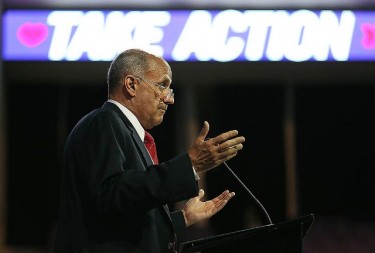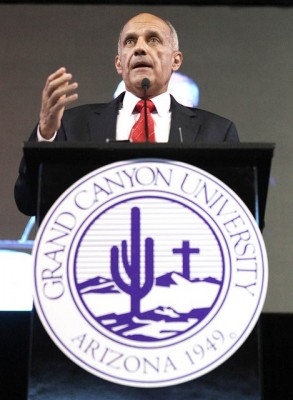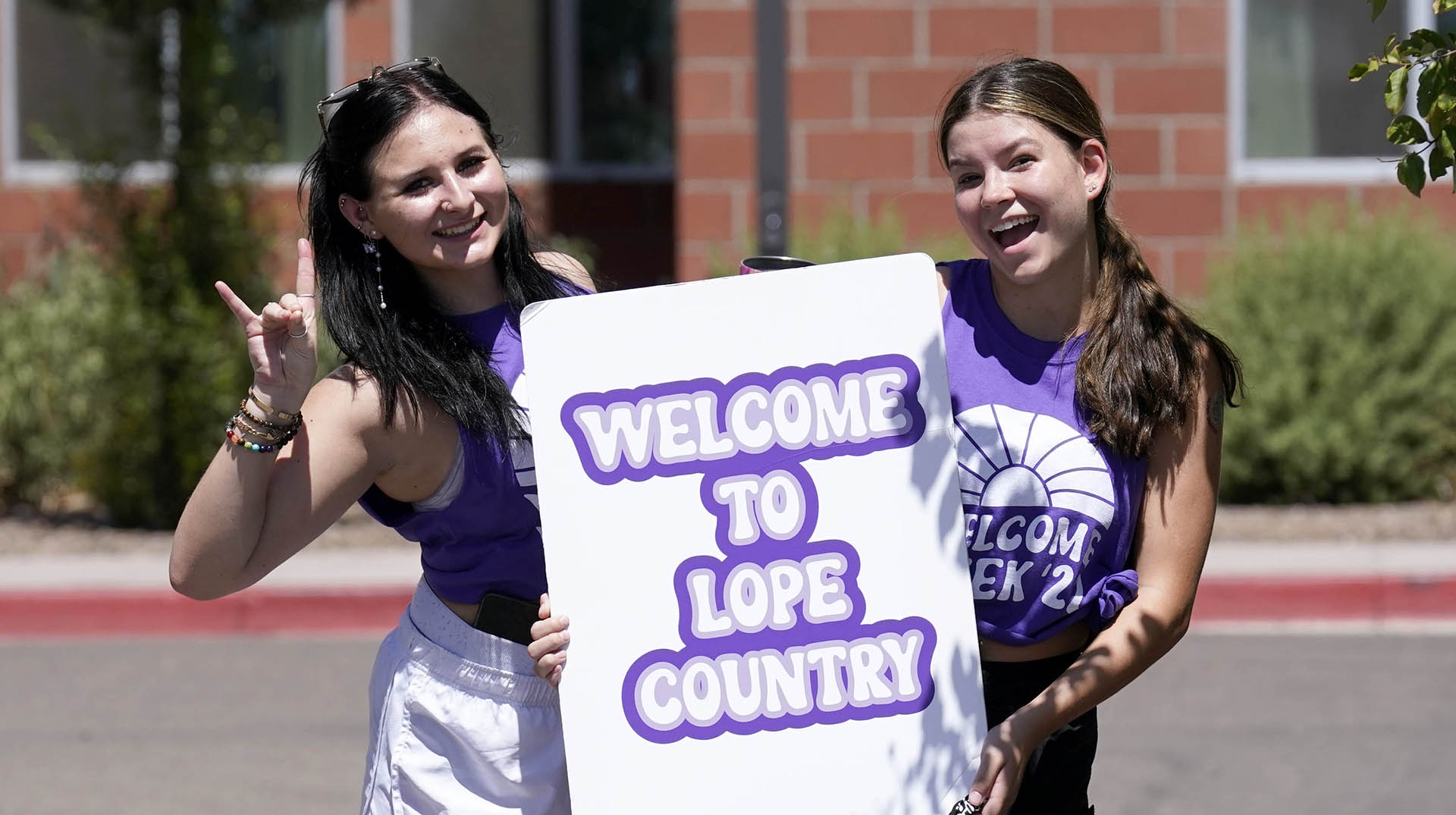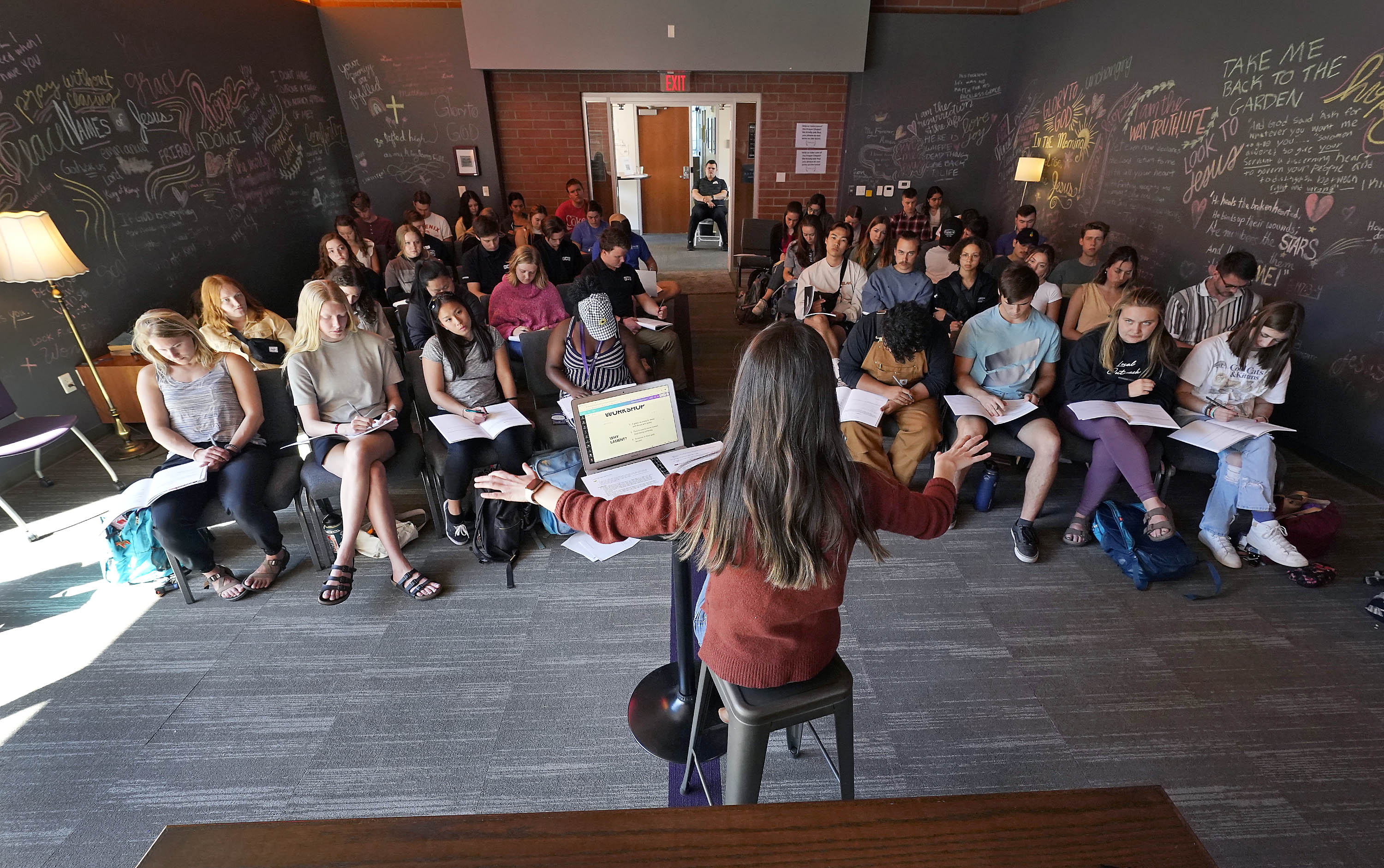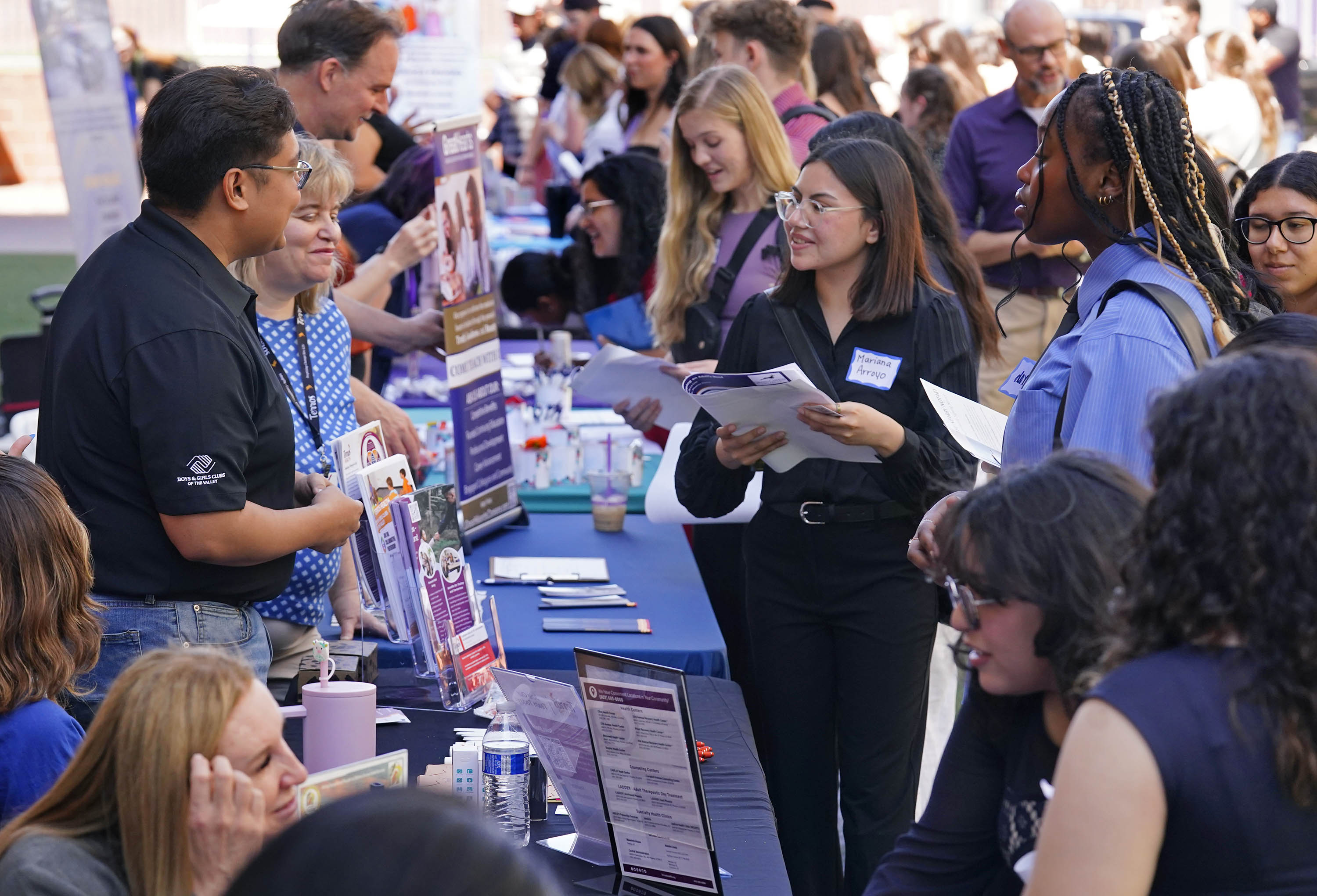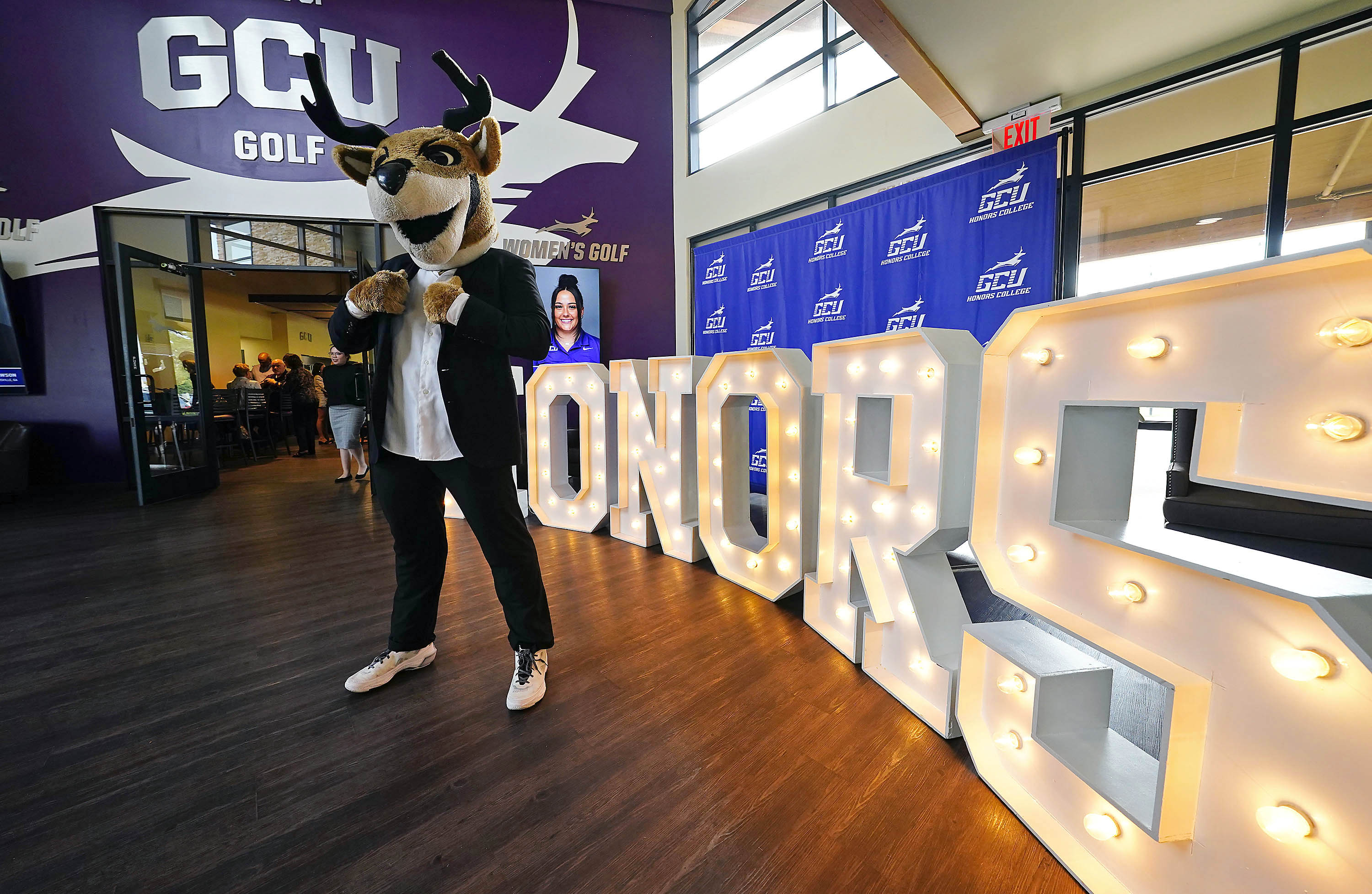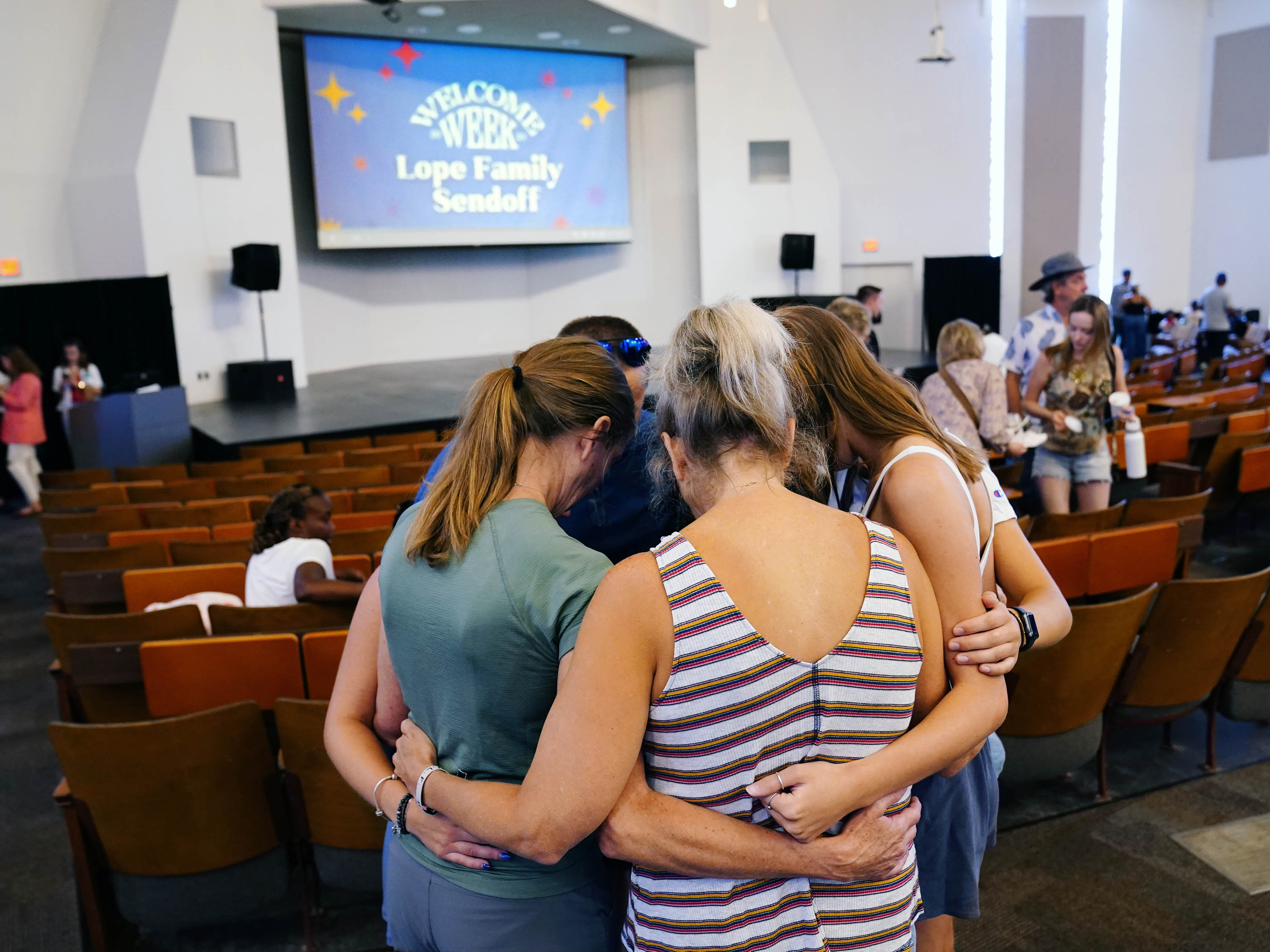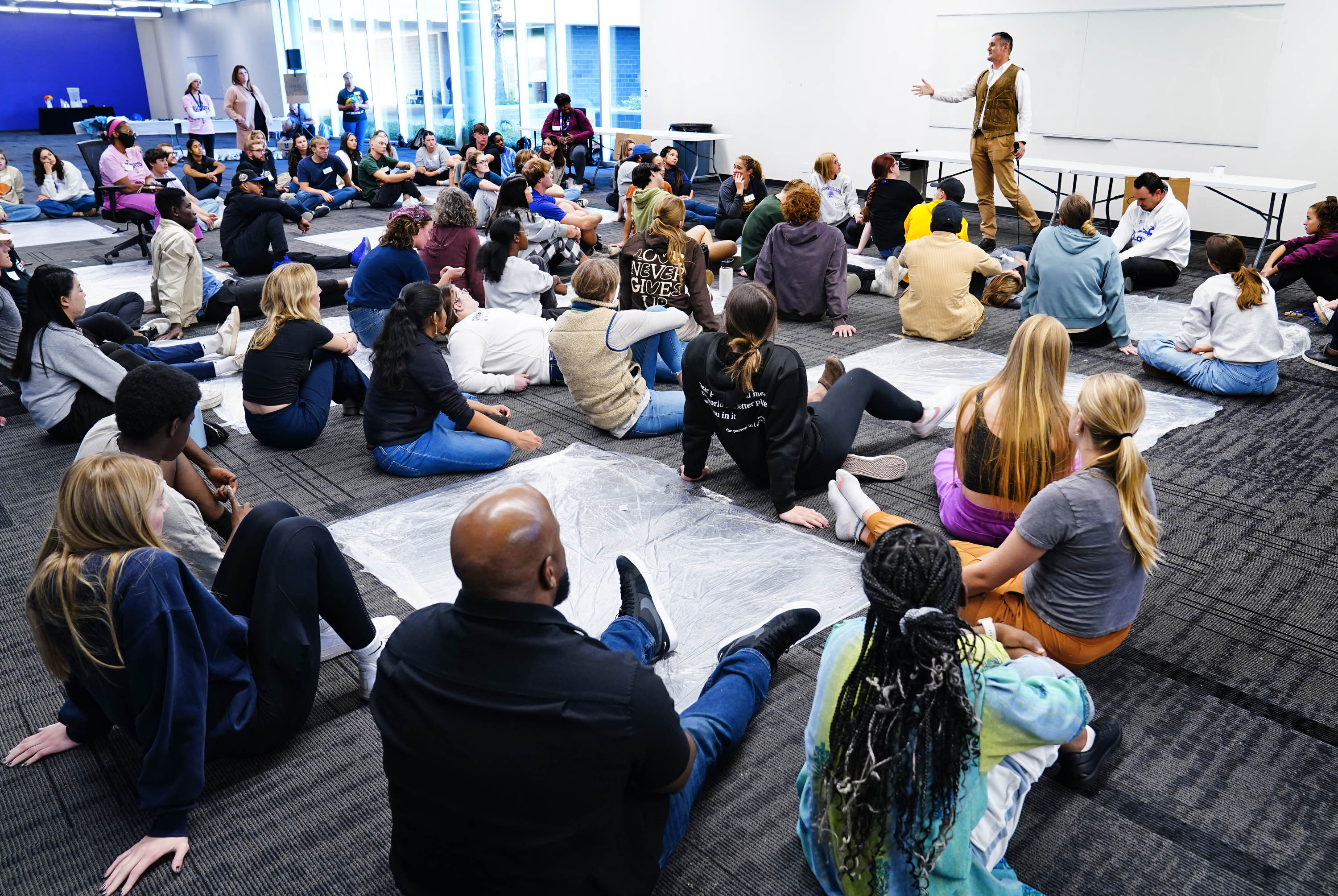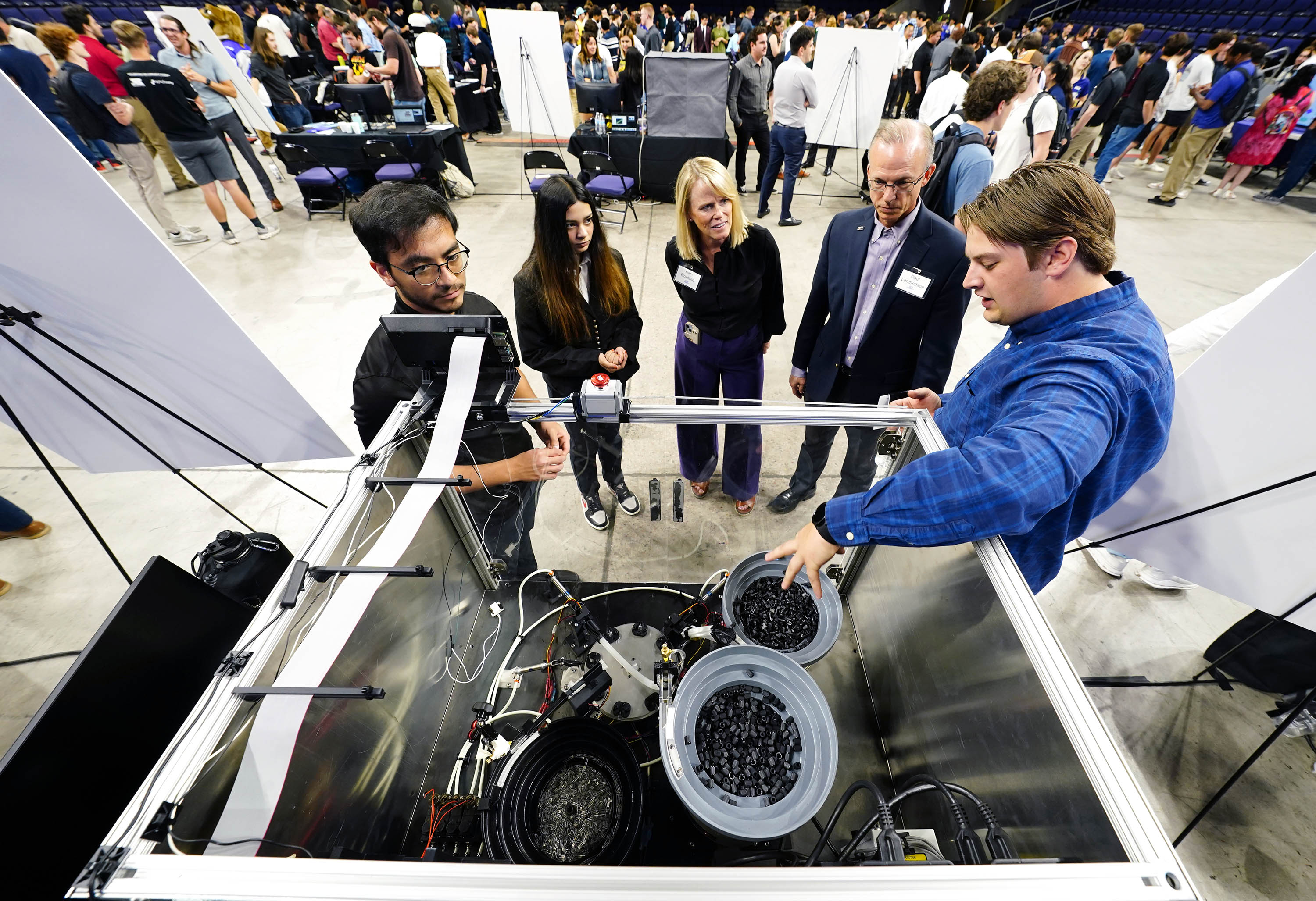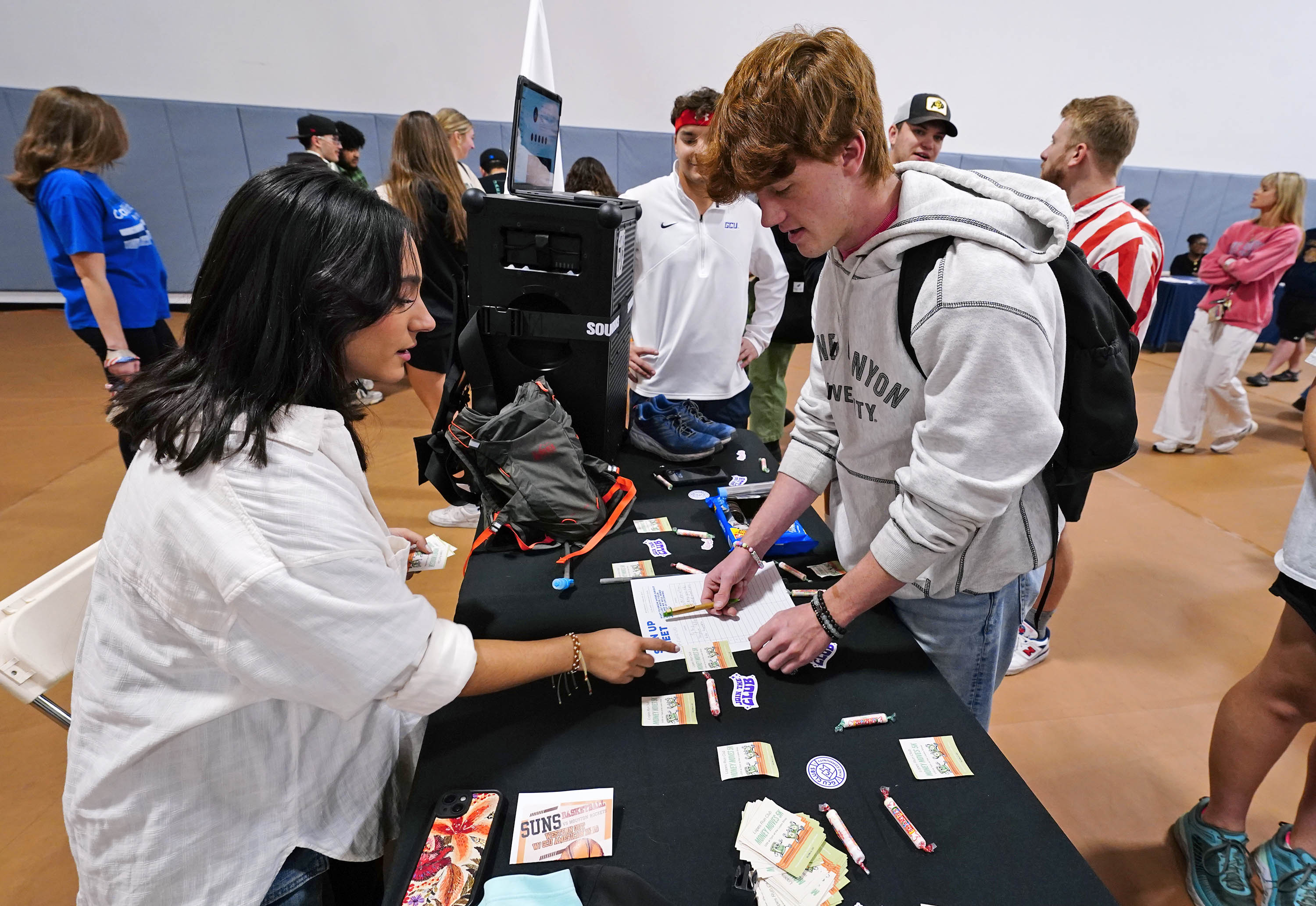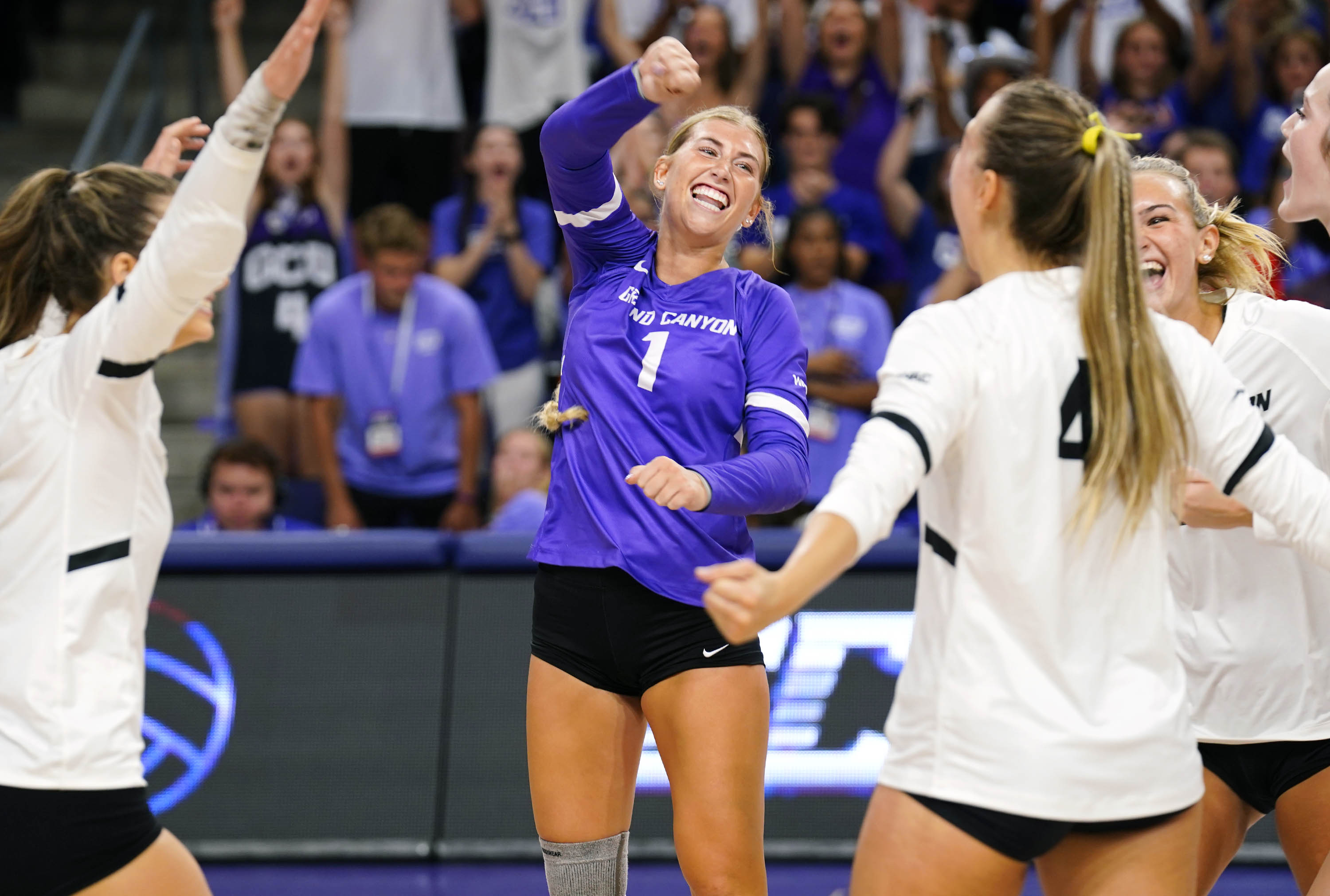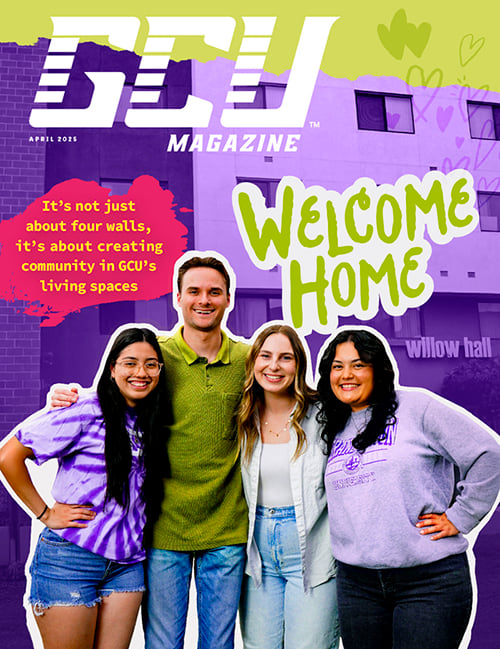By Bob Romantic
GCU News Bureau
Health care reform is within our grasp, but only if the right people step forward and keep politics out of the debate.
That was the message Monday night as about 400 industry leaders and students in Arizona gathered at GCU Arena for a symposium titled “Take Action! Your Role in Health Care Reform.”
Featured speaker Dr. Richard Carmona, who served as the U.S. Surgeon General from 2002-06 and is currently vice chairman of health and wellness company Canyon Ranch, paraphrased Winston Churchill in summarizing the state of health care today:
“Churchill said, ‘I love Americans. They always do the right thing – eventually,’” Carmona said in his closing remarks. “Eventually is now, folks, for the health, safety and security of the nation is dependent upon us.”
Carmona has been outspoken in his criticism of how both political parties have handled health care reform in the United States.
“What we see before us is a failure of government,” Carmona said. “The Affordable Care Act has become a political football. … Most learned people on both sides of the aisle will acknowledge that there are good elements of the Affordable Care Act, and there are bad things, too.
“But the people we have entrusted with our destiny have failed to serve us the way they should because of their own self-interests, because they’re more worried about being re-elected or keeping their party in power. I sit on many publicly traded boards. If I conducted myself as Congress has conducted itself, I would be held financially liable, possibly criminally tried with neglect, and I’d be fired. But we keep electing these folks and we allow them to not serve us in our best interests.”
The answer, he said, is more involvement from health care industry leaders, more personal responsibility from every American, and changing the culture from what he called “sick care” toward more preventive care – especially in the areas of tobacco and obesity, both of which he said are largely preventable issues that lead to many diseases.
“We’re spending 18 percent of the gross domestic product on what we call health care. Folks, it’s not health care. Those dollars are being spent on sick care -- $2.8 trillion dollars right now. … In the next decade or so, we’ll be close to 25 percent, and we’ll go from $2.8 trillion to near $6 trillion in a year. We have no choice but to fix this now.”
Monday’s symposium included representatives from Blue Cross Blue Shield, Cardon Children’s Medical Center, American Cancer Society, Banner Gateway Medical Center, Banner M.D. Anderson Cancer Center, Arizona Nurses Association, Arizona State Board of Nursing, Arizona Department of Health Services, St. Lukes Health Initiatives, TriWest Health Care Alliance and District 5 State Sen. Kelli Ward.
Dr. Anne McNamara, dean of Grand Canyon University’s College of Nursing and Health Care Professions, called on everyone in attendance to make a difference.
“Each of us has a powerful place in health care reform,” she said. “It is not something happening external to us. It is not something that is just going to be done to us. Every single person in this room has a role in shaping what the next health care evolution is going to look like.”
Guest speaker Robin Schaeffer, executive director of the Arizona Nurses Association, said nurses will play a key role in the future of health care, especially as it gravitates away from hospitals and moves more toward other care settings in the community such as health-care practitioners, home health and long-term care.
“Between 2000 and 2010, although the total U.S. employment dropped by 2 percent, health care employment went up 25 percent. Between 2010 and 2020, the projection is that we’ll add over 4.2 million (health care) jobs,” Schaeffer said. “You can see the shift in the work force as we move from a sick-care environment to hopefully more prevention and health promotion.”
The final speaker, health care lobbyist Rory Hays, noted that most elections for the state legislature in Arizona are decided in primaries because the districts are so heavily skewed to one party or the other. And because so few people vote in primaries, she said legislators are more likely to listen to those constituents, particularly if they are respected members of the health care industry.
“Contacting your legislators can make a difference,” she said. “They know a surprising small number of votes can get legislators elected or unelected.”
Contact Bob Romantic at 639.7611 or bob.romantic@gcu.edu.

